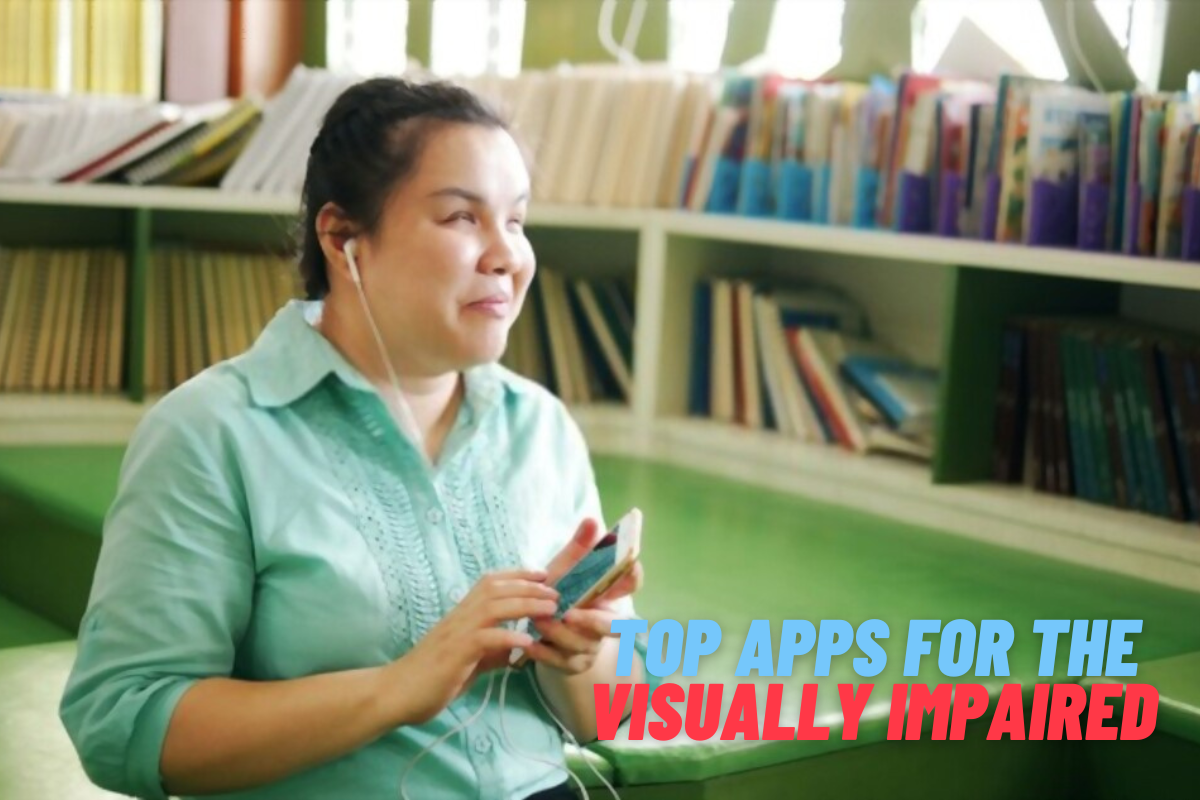A Parent's Guide to Navigating a Visual Impairment Diagnosis for their Child
As a parent, it can be extremely difficult to deal with vision-related diagnoses for our children. I've gone through the same experience and hope my expertise and experience can help others who are in a similar boat deal it with. Depression, anxiety, and hopelessness are common reactions. Giving in to these feelings will not benefit anyone, especially the child in question. Try to work with a therapist to overcome your fears.
What to do when your child is diagnosed with visual impairment?
Many things can be done. First, seek medical advice; consult with a pediatrician, optometrist, or ophthalmologist to determine the cause and extent of your child's visual impairment and to discuss all possible treatment options. Spend time learning about the condition, and research the type of visual impairment your child has, including the symptoms, causes, and prognosis. Hence, you have a better understanding of what your child is going through. The more you research, the better equipped you will be to form a plan for your child's future.
Have an age-appropriate conversation with your child and explain the diagnosis and how you plan to battle the condition as a family. Reassure your child, and read to them about people with visual impairments who are living wonderfully successful lives.
Connect with support groups: Reach out to local and online support groups for parents of children with visual impairments. This can provide you with valuable resources, advice, and emotional support when children with disabilities meet other children like themselves. They can form friendships that can help them relate to their peers. These friendships provide emotional stability.
Invest in assistive technology: Consider purchasing assistive technology such as audiobooks, Braille displays, and magnifiers to help your child with their education and daily life.
Advocate for your child: Ensure that your child's school and other community organizations are aware of their needs and are providing appropriate accommodations and support. You may need to advocate for your child's rights and needs, such as early intervention services, special education services, and assistive technology.
In Summary
A visual impairment diagnosis for a child can be a very challenging and a difficult emotional experience for parents. However, by seeking medical advice, educating yourself and your child, connecting with support groups, investing in assistive technology, and advocating for your child's needs, you can navigate this journey with hope and confidence. Do remember to take care of yourself as well and seek the support you need to be the best possible advocate for your child. With patience, perseverance, and love, you can help your child reach their full potential and live a fulfilling life.
My comments are also open and I have experience in this regard as not only I am blind myself, my son was also diagnosed with RP. You can email me as well or contact me on my social media :)
Best Wishes
A Blind Mom





Comments
Post a Comment